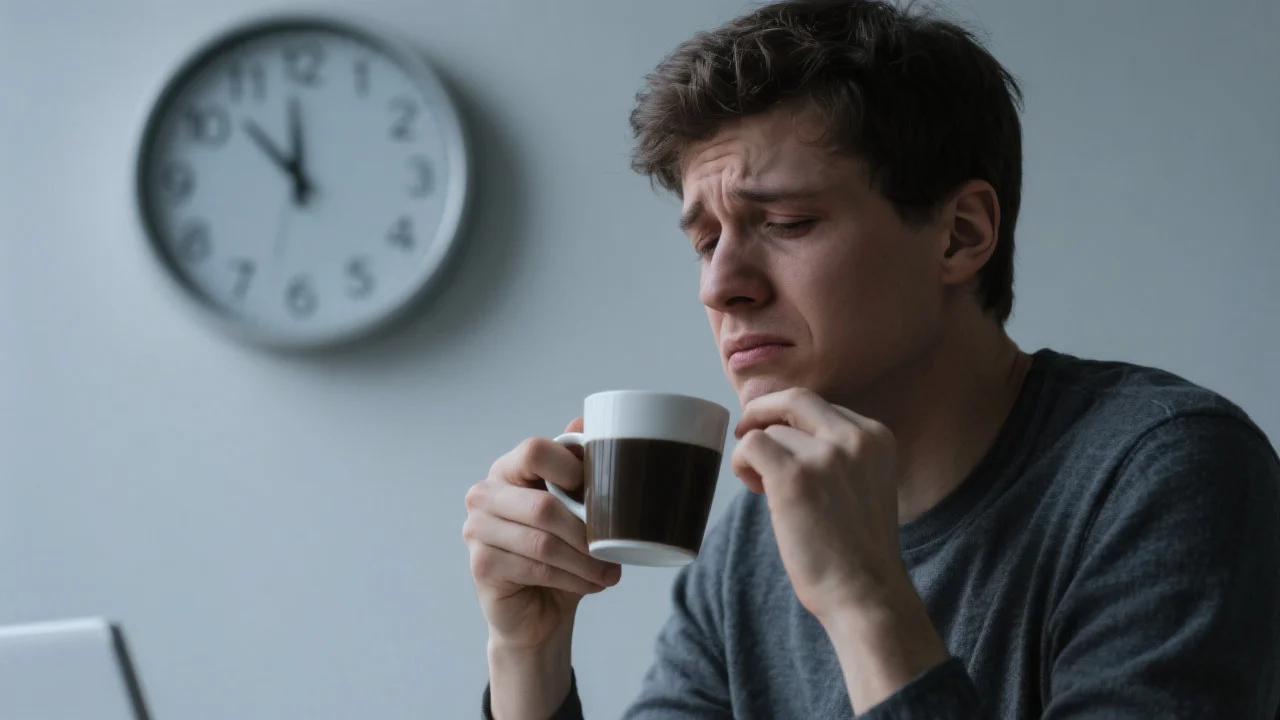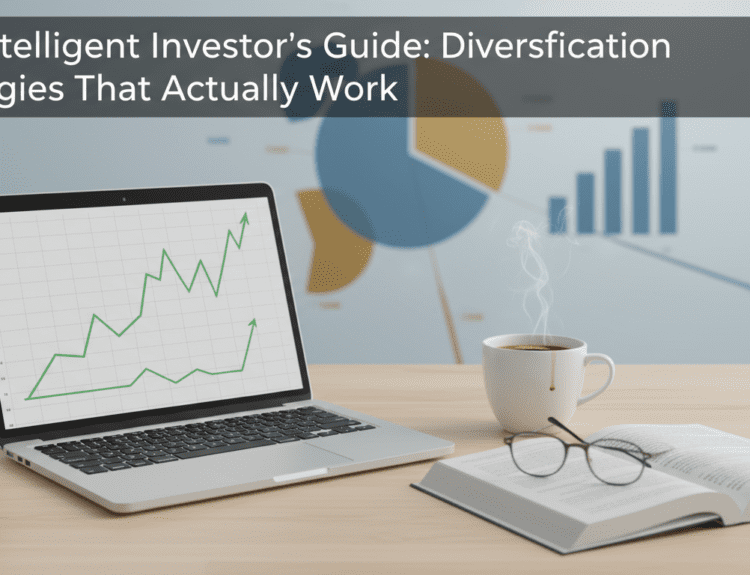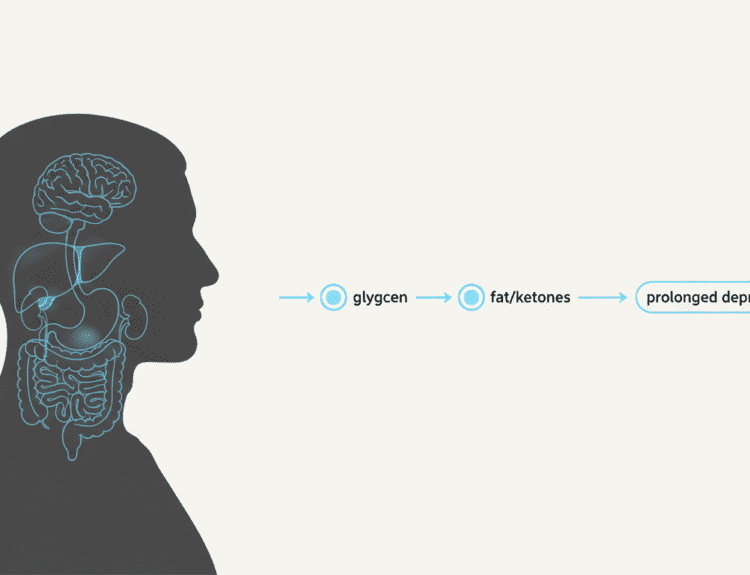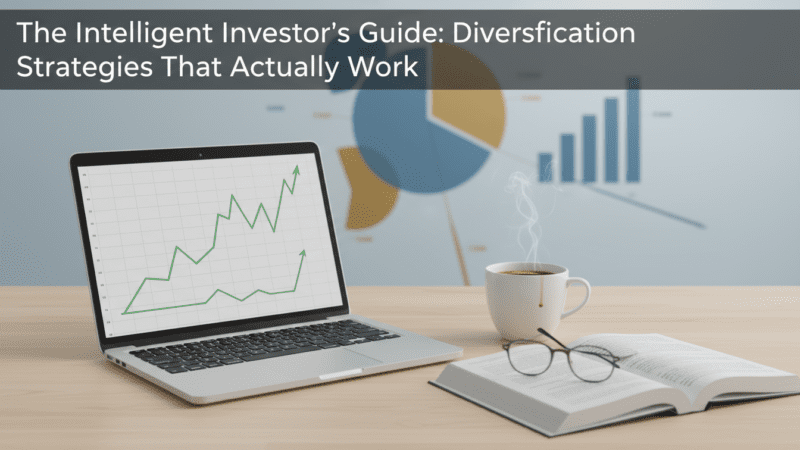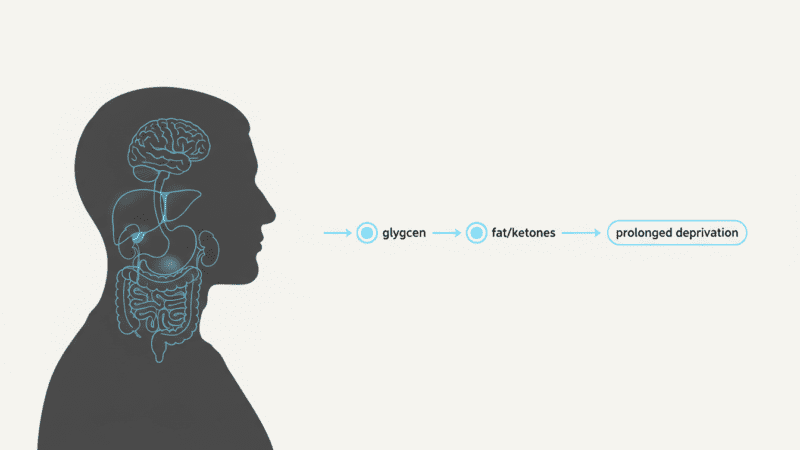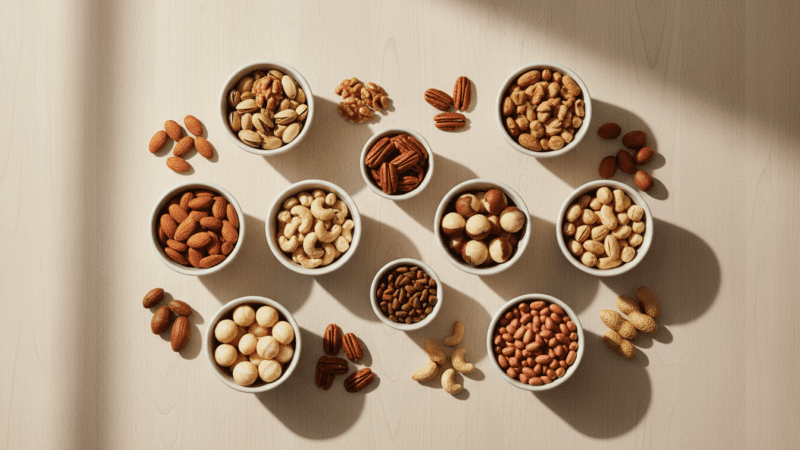Coffee is a beloved beverage for many, offering a comforting ritual and a much-needed jolt of energy to kickstart the day. Its rich aroma and stimulating effects are often synonymous with productivity and alertness. However, while coffee can be a fantastic ally, there are certain times and situations when it might be more beneficial to put down that cup. Understanding these moments can help you harness coffee’s benefits without experiencing its potential downsides.
The Late-Night Lull: Disrupting Your Sleep Cycle
One of the most crucial times to avoid coffee is in the hours leading up to bedtime. Caffeine has a half-life of about 5 hours, meaning it takes that long for half of the caffeine to be eliminated from your system. For some, it can take even longer. Consuming coffee too close to sleep can significantly interfere with your ability to fall asleep and the quality of your sleep.
“Sleep is paramount for overall health and well-being,” says Dr. Sarah Brewer, a general practitioner and author. “Disrupting it with late-night caffeine can lead to a vicious cycle of fatigue and increased caffeine reliance.”
Poor sleep can impact everything from cognitive function and mood to immune system strength. If you find yourself tossing and turning, or waking up feeling unrested, consider cutting off your coffee intake at least 6-8 hours before you plan to sleep. For many, this means no coffee after lunchtime.
On an Empty Stomach: A Jolt to Your Digestive System
While a morning coffee ritual is common, drinking it on an empty stomach, especially for those prone to digestive issues, might not be the best idea. Coffee is acidic and can stimulate the production of stomach acid. For some individuals, this can lead to heartburn, indigestion, or an upset stomach.
“For individuals with sensitive stomachs or conditions like acid reflux, coffee on an empty stomach can exacerbate symptoms,” notes a report from the American College of Gastroenterology.
If you experience discomfort, try having your coffee with or after a meal. This can help buffer the acidity and reduce potential irritation to your digestive lining.
During Periods of High Stress or Anxiety: Fueling the Fire
Caffeine is a stimulant, and while it can enhance focus, it can also amplify feelings of anxiety and nervousness, especially in individuals already prone to these emotions. If you’re going through a particularly stressful period, or if you suffer from anxiety disorders, coffee might not be your friend.
“Caffeine can mimic the symptoms of anxiety, such as increased heart rate, jitters, and restlessness,” explains Dr. Matthew Walker, a neuroscientist and author of “Why We Sleep.” “For those already feeling overwhelmed, this can escalate their discomfort.”
Consider opting for herbal teas or decaffeinated beverages during these times to avoid adding fuel to the fire of stress and anxiety.
When You’re Dehydrated: Exacerbating Fluid Loss
While coffee itself contains water, it also has a mild diuretic effect, meaning it can increase urine production. If you’re already dehydrated, perhaps after intense exercise or in hot weather, reaching for coffee might not be the best way to rehydrate.
“While moderate coffee consumption doesn’t typically lead to dehydration in regular drinkers, it’s wise to prioritize water when you’re already fluid-depleted,” advises the Mayo Clinic.
Always ensure you’re adequately hydrated with water throughout the day, especially if you’re a regular coffee drinker.
If You’re Experiencing Adrenal Fatigue or Burnout: A False Boost
While “adrenal fatigue” isn’t a recognized medical diagnosis, the concept often refers to a state of chronic stress and exhaustion. In such cases, relying on coffee for energy can be counterproductive. It provides a temporary boost by stimulating cortisol production, but this can further tax an already overstressed system.
“When your body is already running on fumes, constantly pushing it with stimulants can hinder true recovery,” says Dr. Frank Lipman, a functional medicine physician. “It’s like whipping a tired horse – you get a burst of speed, but at what cost?”
Instead of reaching for another cup, focus on rest, stress reduction techniques, and nutrient-dense foods to support your body’s natural energy production.
Conclusion
Coffee can be a wonderful part of a healthy lifestyle, but like any powerful substance, it’s important to use it wisely. By being mindful of when and how you consume coffee, you can maximize its benefits and avoid potential drawbacks, ensuring it remains a source of enjoyment and not a hindrance to your well-being.

